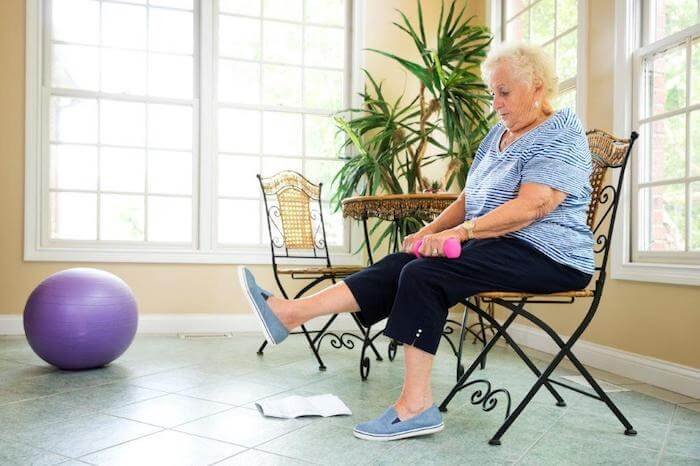Supporting a loved one in rehabilitation can be a difficult yet rewarding experience. It takes patience, understanding, and commitment. If you’re wondering how to support a loved one in rehabilitation, you’ve come to the right place. Whether they are recovering from addiction, an injury, or surgery, your role as a support system is crucial. This article will guide you through the ways you can help them on their path to healing.
Understand Their Situation
Before you can fully support your loved one, it’s important to understand what they’re going through. Rehabilitation is a challenging process, and it varies depending on the type of recovery. For instance, recovering from addiction may be different from physical rehabilitation after surgery or injury.
To support a loved one in rehabilitation effectively, take time to learn about their specific needs and challenges. Research their condition, talk to healthcare professionals, and be open to their emotions. Knowing what they’re facing can help you be more empathetic and patient during this time.

Offer Emotional Support
One of the most important ways to support a loved one in rehabilitation is by offering emotional support. Rehabilitation can be physically and mentally exhausting, so it’s vital to let your loved one know that they are not alone. A simple conversation, a reassuring touch, or even just sitting with them can make a huge difference.
When they feel sad, frustrated, or discouraged, remind them of their progress and reassure them that setbacks are normal. Let them express their feelings, and avoid rushing to fix everything. Sometimes, just listening is the best support you can give.
Be Consistent and Reliable
Consistency is key when you’re supporting a loved one in rehabilitation. Show up regularly, keep your promises, and be a steady presence in their life. If they need help with daily tasks, offer assistance when you can. It could be something as simple as helping with grocery shopping or taking them to therapy sessions.
Knowing that someone is there for them every step of the way can provide a sense of comfort. Your reliability can ease some of the anxiety they may feel as they navigate through their recovery journey.
Encourage Positive Habits
Rehabilitation is not just about physical recovery—it’s also about building new habits that promote well-being. Encourage your loved one to maintain a healthy routine, whether it’s getting enough rest, eating well, or participating in their therapy. Small changes can make a big difference in their overall recovery.
Sometimes, it can be difficult for your loved one to stay motivated. You can support them by reminding them of the benefits of these habits and celebrating small achievements. For example, if they attend a therapy session or follow their exercise routine, praise them for their commitment.
Respect Their Boundaries
Everyone heals at their own pace, and it’s important to respect your loved one’s boundaries during rehabilitation. Some days, they may want to be left alone to focus on their recovery. On other days, they may need your help or want to talk. Be sensitive to their needs and preferences.
Avoid pushing them to do things they’re not ready for. Let them take the lead in how much support they need, and always ask before making decisions on their behalf. Giving them space to make their own choices can empower them and help build their confidence in the recovery process.
Be Patient and Stay Positive
Patience is one of the most important qualities you can have when supporting a loved one in rehabilitation. Recovery takes time, and setbacks are part of the process. There will be days when progress seems slow, and your loved one may feel frustrated. During these moments, it’s essential to stay positive and be a source of encouragement.
Let them know that setbacks don’t mean failure. Remind them that recovery is a journey, and every step, no matter how small, brings them closer to their goal. Your positive attitude can help them stay motivated, even on the toughest days.
Seek Support for Yourself
Supporting a loved one in rehabilitation can also take a toll on you. It’s important to take care of your own mental and physical health. Make sure to set aside time for yourself, connect with other people who are going through similar experiences, and don’t be afraid to seek professional support if needed.
When you care for yourself, you are better able to be there for your loved one. Taking breaks and focusing on your own well-being allows you to recharge and continue supporting them with love and energy.
Conclusion
Supporting a loved one in rehabilitation is not always easy, but it is one of the most meaningful things you can do. By understanding their situation, offering emotional and practical support, encouraging positive habits, and respecting their boundaries, you can make a big difference in their recovery process. Remember to be patient, stay positive, and seek help when you need it. Your support will have a lasting impact as your loved one works toward a full recovery.











